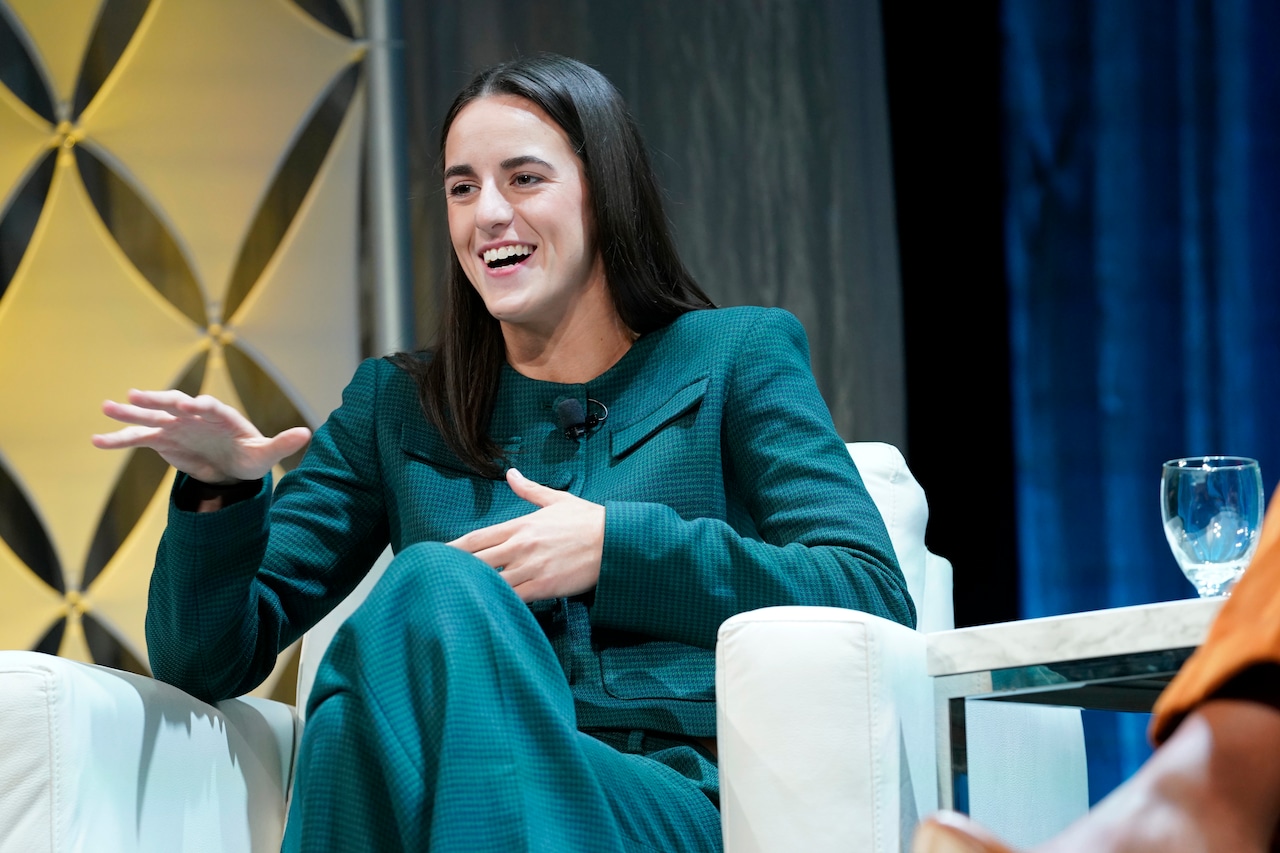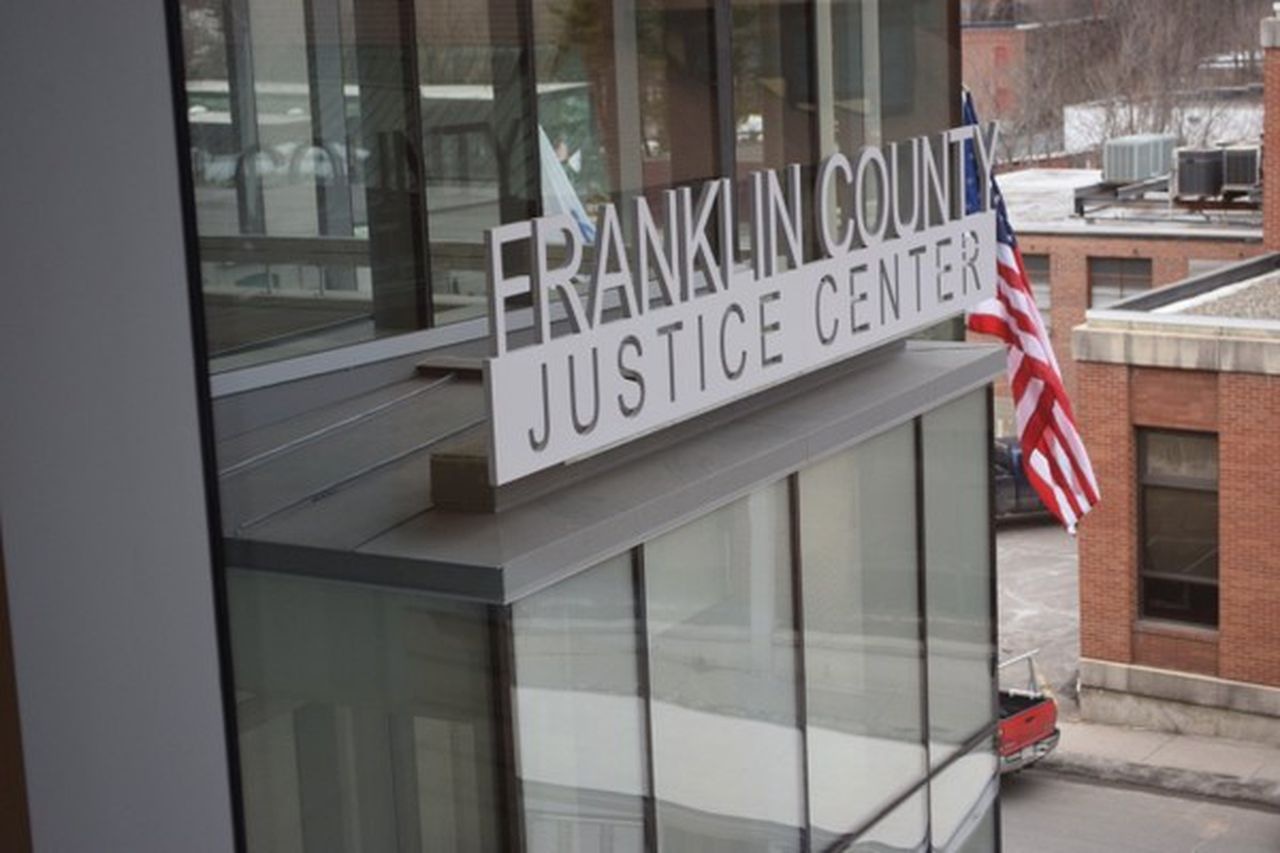BOSTON — Much of the story about the Red Sox’ search for their next chief baseball officer was about who said no rather than who said yes. About a dozen prospective candidates, including a few perceived favorites, declined even to interview for the gig. The seven-week process culminated in sit-downs with eight known candidates (including three internal options) before the Sox made the outside-the-box decision to hire former reliever (and Cubs assistant GM) Craig Breslow.
Thursday was all about Breslow, who came off as a confident intellectual in his introductory press conference at Fenway Park. But questions about the process remained. That so many people eschewed the chance to be considered for a job that’s perceived to be one of the very best in baseball is, undeniably, a story. To hear team president Sam Kennedy tell it, though, the rejections were nothing out of the ordinary.
“It was expected because we created that by casting such a wide net,” Kennedy said after the press conference. “I think we had several dozen people that we identified. And anytime you start reaching out to organizations, you have to follow Major League Baseball’s rules and ask permission… Sometimes, No. 2s or No. 3s in an organization contractually obligate themselves to an organization and say, even (if I’m considered) for a No. 1 job, I’ll stay here, which is unique.
“But that I think that speaks to great cultures that have been established in other places,” Kennedy continued. “Certain people have great situations they are happy in. Others may not be interested in moving to Boston for whatever reason. We fully respect that. I can assure you there were many interested, talented, capable candidates. (Breslow) stood out among them.”
Kennedy didn’t discuss any other candidates specifically but it’s known that at least three — Jon Daniels, Michael Hill and Raquel Ferreira — took themselves out of the running due to family reasons. Another possibility, Kim Ng, is believed to want to take next year off after a surprising exit in Miami. Perceived top candidates like Phillies GM Sam Fuld and Dodgers GM Brandon Gomes, who are both New England natives, declined to even interview; former Astros GM James Click pulled himself out of the running after interviewing due to concerns the Red Sox would present challenges similar to the ones that led to his shocking ouster in Houston a year ago. Not only were the Red Sox unable to lure top decision-makers from other organizations; they had trouble getting people in less certain situations to interview as well.
Asked if the refusals served as a wake-up call for the organization, Kennedy said no.
“Leading a baseball operations department is an incredibly challenging job,” he said. “The way we view it is that the best place in baseball to do it is here because of the attention and the focus. So how others view the organization is for others to say. But we did learn a lot through the process about areas where we can be better as an organization, as ownership. We definitely took that to heart.”
The Red Sox used the interview process, which included sit-downs with external candidates like Click, Twins GM Thad Levine, ex-Pirates GM Neal Huntington and former Giants manager Gabe Kapler, as a type of organizational audit during which outside perspectives were welcomed.
“We learned a lot,” Kennedy said, “like the opportunity to really improve the talent across the organization that we have, especially in our player development apparatus and the opportunities that exist there. We learned how people view our organization from the outside, with the need to improve in the drafting and development in the area of pitching. The envy that many candidates had with respect to the opportunities that are available in Boston. The focus on new areas of examination in medical areas like mental health was a real common theme throughout the conversations with a variety of the candidates.
“We learned that we have the respect and admiration of a lot of other clubs. But we also understand that people view the Red Sox as a pressure-packed job with a lot of expectations.”
After firing Bloom on Sept. 14, Kennedy and the team’s owners built a robust list of potential candidates. By late September, Breslow began to emerge as a potential fit. The 43-year-old came with his clear positives, like intellect and experience with the Red Sox, having been a World Series champion in 2013. There were also red flags, such as his lack of experience in the day-to-day of a baseball operations department. Breslow was not at the top of Chicago’s organizational flow chart and though he had a say in the club’s decisions under Jed Hoyer, he largely worked remotely from his home in Newton.
$200 INSTANT BONUS
DRAFTKINGS MASS
BET $5, GET $200 BONUS BET
FANDUEL MASS

BET $50, GET $250 BONUS
CAESARS MASS
$1,000 FIRST-BET BONUS
BETMGM MASS
MA only. 21+. Gambling Problem? If you or a loved one is experiencing problems with gambling, please call 1-800-327-5050 or visit gamblinghelplinema.org for 24/7 support. LiveChat with a GameSense Advisor at GameSenseMA.com or call 1-800-GAM-1234
MA Gambling Helpline.
A process that began with an initial meeting at Johnny’s Luncheonette in Breslow’s adopted hometown heated up with some meetings at the home of principal owner John Henry and culminated Thursday, when Breslow was introduced. Throughout the process, Kennedy bent the ears of trusted confidants, including former Sox GM Theo Epstein, the person who originally hired Breslow with the Cubs. Other colleagues, including top MLB executives Morgan Sword and Dan Halem, advised Kennedy to truly dig deep on candidates by making more calls than he originally had planned to make. Instead of just talking to team owners, presidents and GMs, Kennedy and other Sox employees reached out to a long list of folks who had worked with, for and above the candidates they were considering. Hours and hours of phone calls helped lead the Sox to Breslow.
“He was identified and given we had a prior relationship, that was helpful. We knew about him, knew about his character, knew what he stood for,” Kennedy said. “And then I really engaged in a lot of conversations with Jed (Hoyer) about his experiences, what he had done, what he hadn’t done. So that was really helpful.
“Bres stood out so well through the process with his plan, with his vision and his ability to articulate it. Marrying that up with the playing experience and what he learned playing in Boston really gave us the confidence to make this decision.”
What was a long, arduous process culminated in satisfying fashion for Kennedy and the Red Sox.
“At the end of the day, I think one of the things that surprised me was the priority that we ended up placing on understanding what it really takes to win in Boston,” Kennedy said. “And Bres’ experience as a player and then affirmatively going after the right baseball operations job for himself was really convincing that he was going to be the right guy.
“I think it’s a bold organizational decision,” he said, ‘to put someone in the No. 1 baseball operations job who has never done it before. It’s it’s a big jump and, as you heard today, he’s ready for it.”





